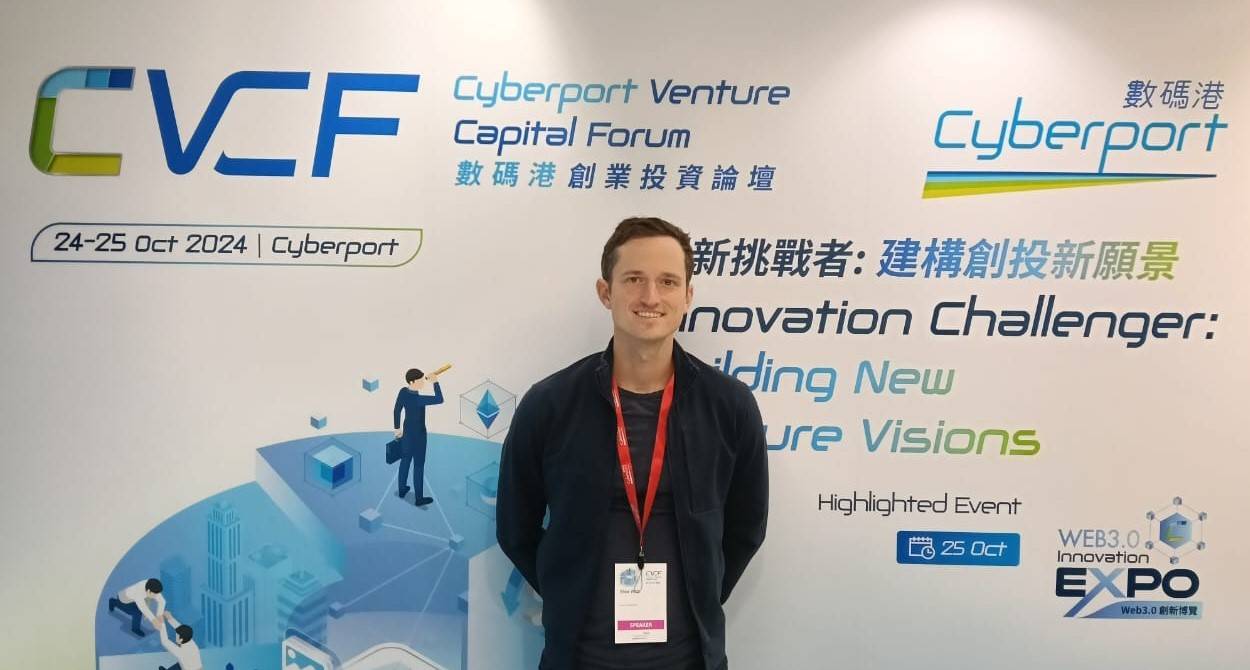When speaking with David Li of Greater Heat about data privacy and ownership in AI, his stance about the matter is very clear: data privacy and ownership are absolutely non-negotiable and must be strictly protected.
As a company, GreaterHeat (GH) has long recognized the potential of Web3 in facilitating these all-important concepts. “We have committed significant resources to its research and development to not only offer cutting-edge AI solutions, but also ensure their data receives the utmost protection.
“For GH, data privacy and ownership aren’t just ethical issues, but integral to our business model,” David emphasized. From the latest data encryption technologies to regular security audits, GH adopts strict governance and security policies when it comes to their customer data.
GH’s Journey and the AI opportunity
Since its inception in 2021, GreaterHeat has been active primarily in tech R&D, community building, educational outreach and business expansion activities around blockchain encryption computation and distributed storage technologies.
“We’ve successively established data centers in Hong Kong, Singapore, and Dallas, USA, in our efforts to construct and nurture a next-generation infrastructure, specially one for Web3 and Artificial Intelligence.”
Recognizing that in the pre-Web3 era, the volume of information processed was relatively modest, and dependent on intermediary platforms (ie. big Internet companies like Google, Microsoft, and more), the Web3 era characterized by AI and robotics among other tech, promises more massive volumes of data.
David also explained that recent advancements and breakthroughs in generative AI, has democratized AI from being a specialized domain to a tool accessible to everyone.
“We’ve seen from the Apple iPhone how simplistic yet powerful technologies can revolutionize an entire industry. I believe the potential of generative AI will surpass the revolutionary impacts of any preceding technological shifts.”
Massive storage and computing power
Today, GH has offerings that span every stage of an AI project – from fundamental infrastructure to model training/inference services to comprehensive AI solutions (plus consultancy) – and these are aimed at corporate clients who have the financial capability to take on development and application of generative AI technology.
These companies would be looking to optimize existing business processes, increase work efficiency and reduce costs, as well as develop generative AI products and services specific to the industries they operate in. This necessitates robust AI training and model support, and GH is stepping to the plate to offer these.
An example of the collaborative approach GH takes in deploying their services is an online programming platform which required more personalized programming course consultations and curriculums for students.
A traditional, one-size-fits-all curriculum would not have been able to cater to the different pace of learning, interests and objectives of each student, so GH was called upon to train a dedicated AI course manager for the platform.
David explained, “This AI manager can delve deep into the learning data, feedback, and evaluate the results of each student, subsequently recommending the most appropriate course content and learning path.
“For instance, for students interested in front-end development, the AI course manager might suggest they first learn HTML and CSS, and then progress to JavaScript and associated frameworks.”
“We’ve seen from the Apple iPhone how simplistic yet powerful technologies can revolutionize an entire industry. I believe the potential of generative AI will surpass the revolutionary impacts of any preceding technological shifts.”
In addition, the AI manager can adjust course recommendations in real-time based on student feedback and progress, ensuring students are always in an optimal learning state. This collaboration significantly improved student satisfaction and resulted in higher user retention and word-of-mouth referrals.
When it comes to data requirements for AI model training, David highlighted that not just the quantity of data, but also the quality and diversity of data are crucial.
‘If we take an AI model for image generation as an example, we might need tens of millions of high-quality images for initial training, and only hundreds of thousands for fine-tuning an existing model.
“But, data also needs to be clear, relevant, and representative. We ensure datasets are diverse to minimize potential biases and to ensure the model’s broad applicability.”
In that regard, close collaboration with clients is essential because they understand the nature of their data best.
Expanding AI application in Asia
David sees massive opportunities for AI in this region. For one, Asia is home to 60% of the global population and also a rapidly expanding middle class. There is strong willingness to adopt new technologies like mobile payments to e-commerce, and Asian consumers have shown a strong appetite for digital services, opening up a vast market for AI products and services.
AI has a role to play in Asia’s eventual transition to a digital economy with supply chains, agricultural, and even industrial production transformation, according to David.
He also observed most countries in Asia providing policy and financial support for AI development to address social challenges like urbanization, aging, and drive opportunities in healthcare, transportation, and smart cities.
“Seeing these immense opportunities, GH is committed to continuous investment and growth in Asia’s AI sector,” David stated.





